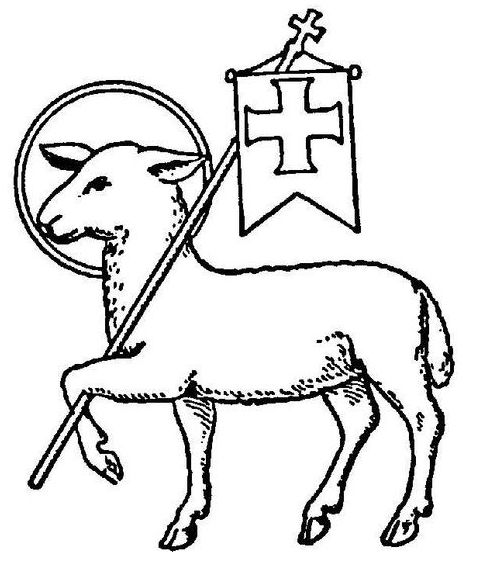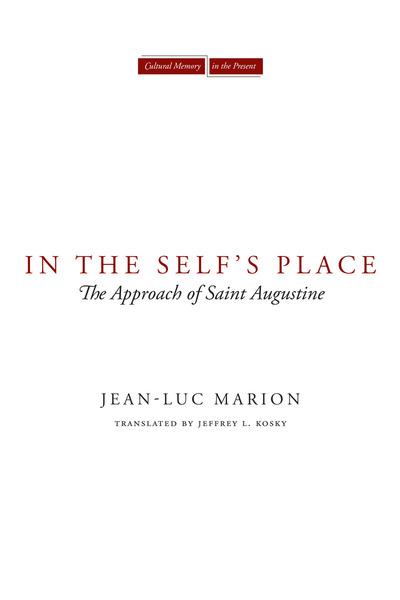I hope I can get these out more frequently, but my schedule is not always allowing such things to happen! Which is actually a good thing but I digress. The further I dig into this volume of Barth’s Church Dogmatics the more enjoyable it is becoming. The ebb and flow of Barth’s thought becomes captivating and rather addicting. I recently acquired a copy of Otto Weber’s Introduction to Karl Barth’s Church Dogmatics, which has proven to be a wonderful guide in my journey. I highly recommend it to anyone looking for help in understanding what Barth is getting at in the Church Dogmatics.
In my first post of this seven part series, the summary of this volume thus far:
“Our knowledge of God is grounded in the action of God, in which He objectifies Himself to us, meets us in our own plane as a subject calling for a corresponding action on our part in the obedience of faith.”
What should be highlighted at this point is that for Barth, God’s freedom to reveal Himself is his (Barth’s) utmost concern. We respond in faithful, child like obedience to the Word God has revealed. The fulfillment of the knowledge of God is only possible because God Himself as actually spoken to us.
“Therefore, everything else that He has to say to us, all truth and reality, all enlightenment and salvation, depends on the fact that primarily and comprehensively He is speaking about Himself.” (p. 48)
All knowledge of God depends on if He is actually speaking of Himself. Even our faith has been given to us by God, as Barth declares:
“…where God stands before man as the One who awakens, creates and upholds his (man’s) faith, and where God offers Himself to man as the object and content of the knowledge of his faith, He does it in this being and action- as the One who remains a mystery to us because He Himself has made Himself so clear and certain to us.” (p. 43)
It is not to be understood that mystery and clarity are strict contradictions here. The more knowledge of God we have, the more profound the mystery of His being becomes to us, and the more we become aware of the lack of ability for our words and terms to grasp His majesty. Barth on the meaning of mystery:
“Mystery means that He is and remains the One whom we know only because He gives Himself to be known. He is and remains the light visible and seen only in His own light.” (p. 41)
Moving on from mystery, Barth contends God’s objectivity is “primarily” trinitarian. We receive is a “secondary objectivity” (p. 55):
“His works and signs in our creaturely sphere, before our eyes and ears, and in our hearts. As such, and of themselves, they are not capable of yielding a knowledge of him.” (p. 55)
Since we are marred by sin and are unable to yield knowledge of God by our own capacities, God designates and elevates objects to be ‘sacramental’ means in which He communicates Himself to us. The ground for sacramental realities is to be found the human nature of Jesus Christ. He is the first sacrament (p. 54). He establishes the possibility of sacramental realities.
“It is the case everywhere that when there is unveiling there is also veiling, when God sets up His lordship it means the self-humiliation and self-alienation of God, when He reveals Himself His hiddenness is confirmed. Revelation occurs for faith, not for unbelief.” (p.55)
We then come to a critical point in understanding how sacramental realties are in themselves not revelation:
“Yet the sacramental reality, the selected subject-object relationship, is not in itself and as such identical either with revelation or with real knowledge of God. It serves it, because God reveals Himself and is known.” (p. 55)
Scripture is to be thought of as a sacramental reality. Much debate happens with the frame of Biblical inerrancy (I don’t intend to entertain those debates currently), and this can help us see a way out of the rigid Biblicism that collapses God’s revelation and word within the written letter of the Bible. This, according to Barth, must not and cannot happen. God is the living God who speak to us today. He is always speaking and if we had ears to hear we could hear Him speaking constantly. This is where some dialectal tension gets involved, which can be dizzying at first. The tension comes in for good reason, reading Scripture can become idolatry if we are not careful. We think we are hearing the Lord, when in reality it can very well be our own voice and we could be worshipping a God made in our own image. Idolatry is always close by for us and our affections directed at anything can quickly dive into a despairing false worship.
From there we move into Barth’s treatment of God being an object for Himself, and how when we use His name it is His name He has determined for us to call Him by. God is free and uncreated, He creates things outside of Himself, and brings Himself to be the object of knowledge for His creation. He is the one who determines Himself to be known, and how He is to be known. True knowledge of God, for Barth, is entirely monergistic. He is the one who does all things to reveal Himself to His creatures/creation whom He loves and gave Himself up to reconcile all things to Himself. This is where Barth really shines, and where I very much enjoy reading the run on sentences and repetition that comes into play with his words. Barth proclaims:
“The knowability of God is not knowability of God if finally-even considered from man’s side-it is something other than the work of God Himself (and therefore an object of praise). (p. 66)
It must be the work of God to establish true possibility and true knowability to man’s side if man ever wants to have true knowledge of God. What is most wonderful is that God’s action is never arbitrary; it is always out of His triune self giving love which is out of freedom. It is grace:
“The fact that God is revealed to us is then grace. Grace is the majesty, the freedom, the unreservedness, the unexpectedness, the newness…in which the relationship to God and therefore the possibility of knowing Him is opened to man by God Himself.” (p. 74)
‘God is being and nature are not exhausted in the encroachment’ (p. 75) but for Barth:
“God is wholly and utterly the good pleasure of His grace and mercy… He is wholly and utterly in His revelation, in Jesus Christ.” (p. 75)
For Barth there is no analogy ‘on the basis of which the nature and being of God can be accessible to us.’ (p. 76) Again, not going to enter in the debate of ‘analogy of being’ and ‘analogy of faith’, but for Barth God is so utterly distinct from us that we have no analogy to which God can be accessible to us outside of the gracious action of God to establish it. Moving from there we start to see why Barth was so opposed to natural theology (revelation and knowledge of God outside of the person of Jesus Christ). Man cannot establish or make encroachment for true knowledge of God. I think some of his critiques are certainly warranted given the popularity of natural theology among apologists today. The next blog post will deal with that section (pg. 85-103).





